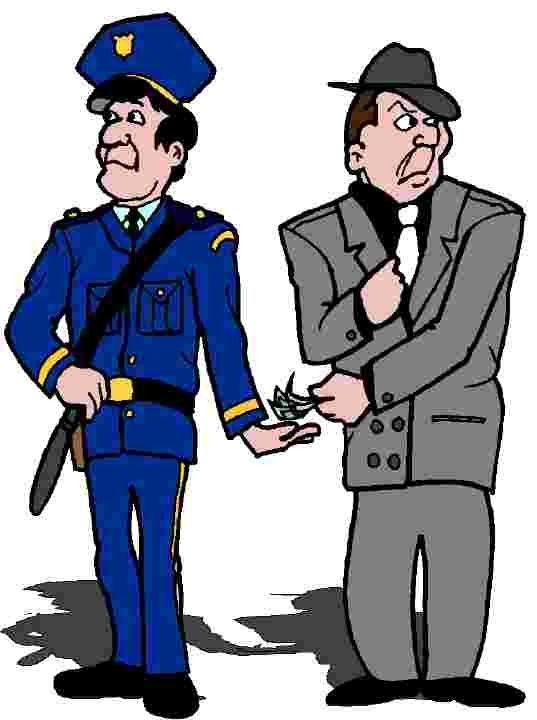In a striking analysis of law enforcement practices, experts are drawing parallels between the unequal enforcement of cannabis laws and the tactics employed by organized crime syndicates.
As the legal landscape surrounding cannabis continues to evolve, many believe that the discrepancies in enforcement are reminiscent of racketeering behaviors aimed at protecting criminal operations. For decades, the prohibition of cannabis has led to a complex web of legal and illegal activities.
While some regions have embraced legalization, others maintain stringent laws that disproportionately impact marginalized communities. Critics argue that this inconsistency reflects not just a failure of the legal system but also a deeper issue of systemic biases within law enforcement agencies.
“Just as organized crime protects its interests through intimidation and selective enforcement, we see law enforcement picking and choosing how to apply cannabis laws,” says Dr. Emily Carter, a criminal justice professor at the State University. “This creates a double standard where certain populations bear the brunt of enforcement while others operate without fear of repercussion.”
Reports indicate that low-income neighborhoods and communities of color are often the primary targets of cannabis law enforcement, despite similar behaviors occurring in affluent areas without consequence.
This disparity raises critical questions about fairness and justice within the legal system and highlights the urgent need for comprehensive reform. The debate has garnered increasing attention, prompting activists and lawmakers to call for a reevaluation of cannabis policies. Advocates argue that equitable enforcement is crucial to dismantling the remnants of a war on drugs that has disproportionately affected vulnerable communities. “Cannabis should not be a tool for oppression,” asserts Marcus Johnson, a leading advocate for cannabis reform.
“We need to ensure that any enforcement is fair and just, reflecting the actual legal status of cannabis rather than outdated biases.” As states continue to navigate the complexities of cannabis legalization, the conversation surrounding law enforcement practices will undoubtedly remain at the forefront.
The ongoing struggle for equity in cannabis law enforcement mirrors broader societal issues of justice and accountability, demanding a reevaluation of both policy and practice to ensure that all citizens are treated fairly under the law. As the landscape evolves, it remains to be seen whether law enforcement will heed these calls for change or continue to reflect the same disparities seen in organized crime. The stakes are high, and the fight for justice continues.




